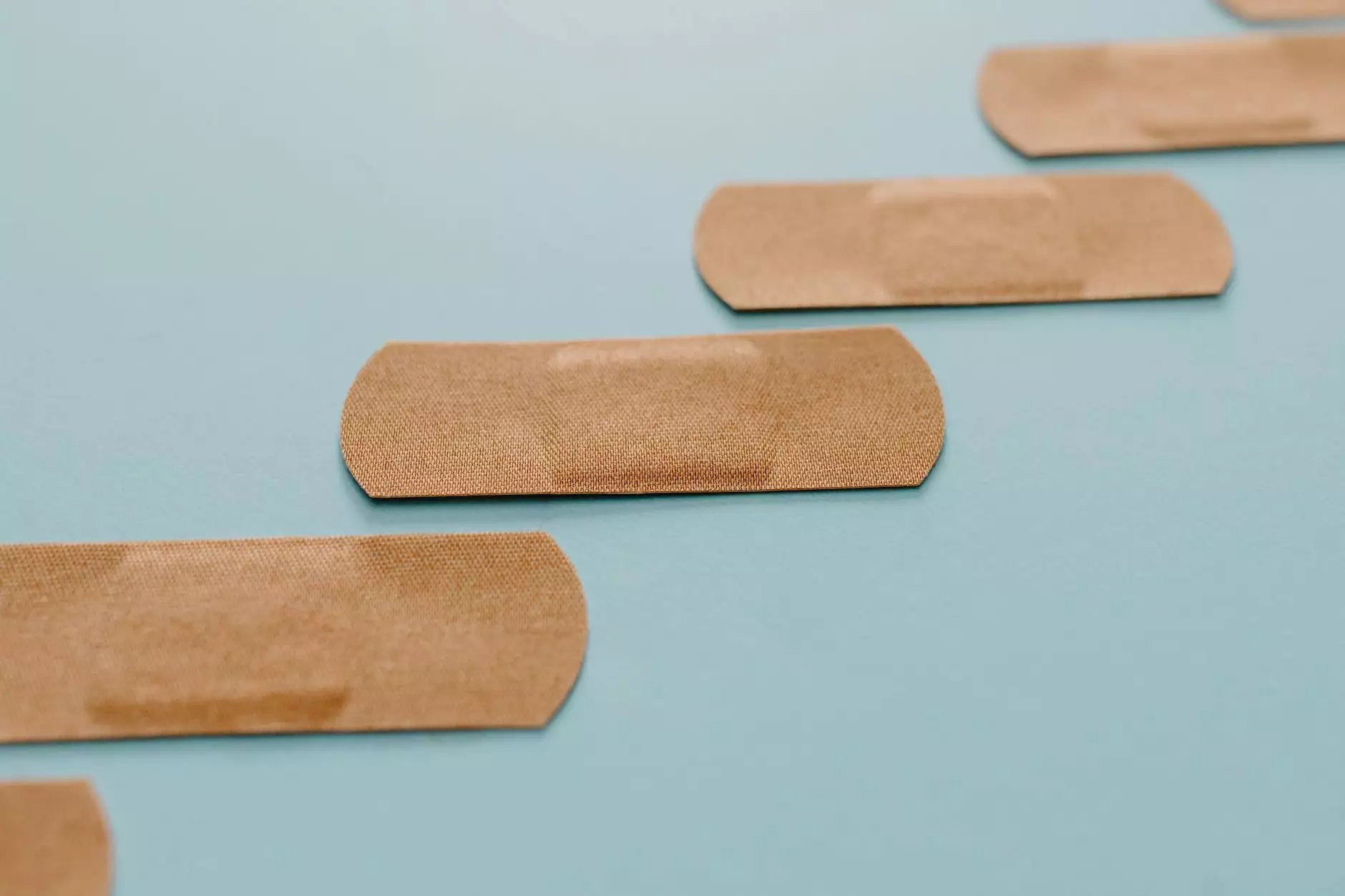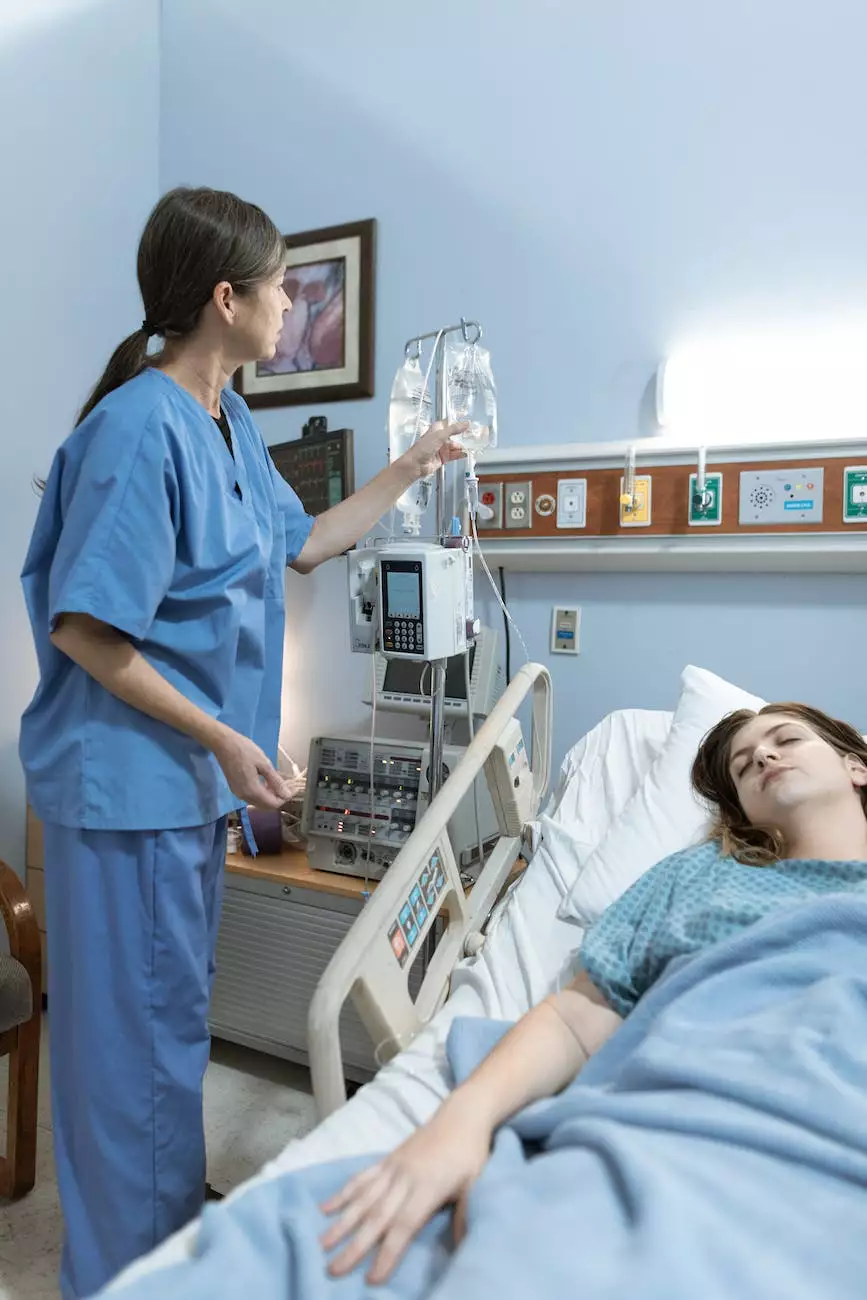Why don't I get period cramps?
Health Equity
Understanding Period Cramps
Period cramps, or menstrual cramps, commonly occur during a woman's menstrual cycle. For some women, these cramps can be quite severe and debilitating, while others may experience little to no discomfort. If you're one of those who don't get period cramps, you might be wondering why. Let's explore some potential reasons and factors that can influence the absence of period cramps.
The Role of Hormones
Hormones play a significant role in regulating various processes in the female body, including the menstrual cycle. Prostaglandins, a group of hormones known for their involvement in inflammation and pain, are primarily responsible for causing the uterine muscles to contract during menstruation, leading to cramps. However, not all women produce the same levels of prostaglandins, which can explain why some may not experience period cramps.
Genetics and Individual Differences
Each woman's body is unique, and genetic factors can contribute to the absence of period cramps. Some women may have inherited genes that affect the production of prostaglandins, making them less prone to cramping. Additionally, individual differences in the structure and sensitivity of the uterus and its surrounding tissues can also influence the severity and occurrence of period cramps.
Lifestyle Factors
Besides genetics, certain lifestyle factors can also influence the presence or absence of period cramps. Regular exercise, a balanced diet, and maintaining a healthy weight can contribute to overall menstrual health. Women who lead an active lifestyle and engage in regular physical activity may have reduced inflammation and muscle tension, leading to fewer or milder cramps.
Preexisting Conditions
In some cases, preexisting medical conditions can affect the presence or severity of period cramps. Conditions such as endometriosis, uterine fibroids, polycystic ovary syndrome (PCOS), and pelvic inflammatory disease (PID) can cause menstrual irregularities and varying levels of pain. If you don't experience cramps but suspect an underlying condition, it's essential to consult with a healthcare professional for a proper diagnosis and appropriate management strategies.
Stress and Hormonal Imbalances
Stress can have a significant impact on your overall well-being, including your menstrual cycle. High-stress levels can disrupt hormone balance and lead to irregular periods or the absence of cramps. It's important to manage stress through relaxation techniques, exercise, and a healthy lifestyle to promote hormonal harmony and overall menstrual health.
Consulting a Healthcare Professional
If you're concerned about the absence of period cramps or experience any irregularities in your menstrual cycle, it's always wise to seek guidance from a healthcare professional. They can assess your individual situation, perform necessary tests, and provide personalized advice to ensure your reproductive health is in optimal condition.
Conclusion
While period cramps are a common occurrence for many women, it's important to remember that the absence of cramps does not necessarily indicate any underlying issues. Factors such as genetics, hormonal balance, lifestyle choices, and individual differences can all contribute to the absence of period cramps. If you have concerns or questions, consulting with a healthcare professional at Norton Community Medical Associates can provide valuable insights and guidance tailored to your specific needs.
© 2022 Norton Community Medical Associates. All rights reserved.










